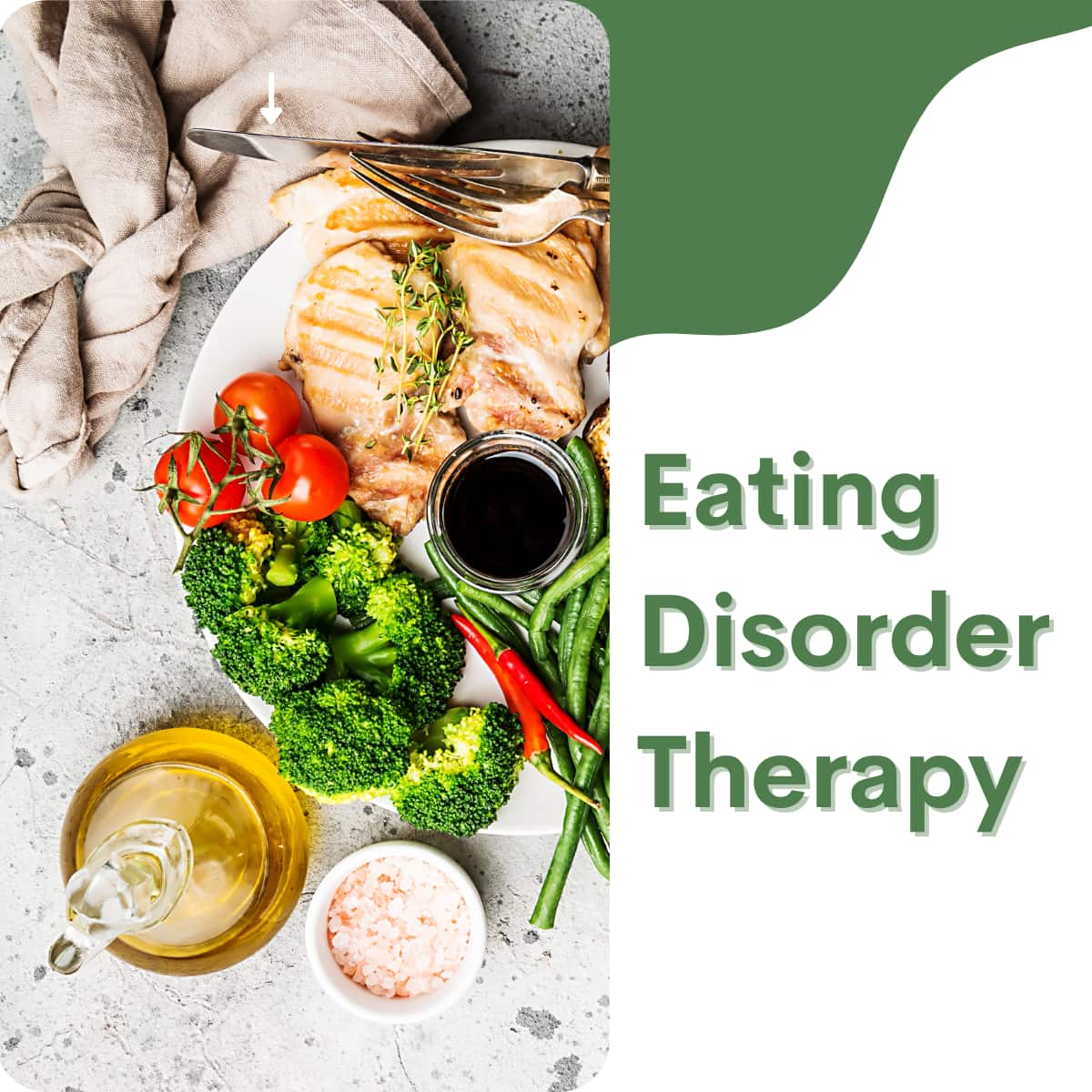I am going to explain the blog post about “Eating Disorder Therapy”.
Eating disorders are complex mental health conditions that affect millions of people worldwide. Eating disorder therapy can be a valuable tool for those struggling with these conditions, providing support and guidance in overcoming the underlying psychological and emotional issues that contribute to disordered eating patterns. Eating disorder therapy can take many forms, from individual or group counseling to specialized treatments such as cognitive-behavioral therapy (CBT) or dialectical behavior therapy (DBT).
For many individuals, eating disorder therapy can be a life-changing experience that leads to long-lasting recovery and a healthier relationship with food and their bodies. It can provide a safe and supportive environment to explore the underlying causes of disordered eating behaviors and develop new coping skills and strategies for managing them. Additionally, eating disorder therapy can help individuals address any co-occurring mental health issues, such as depression or anxiety, that may be contributing to their eating disorder.
Check also: Water Intake Calculator
Check your health and fitness status from the button below!
Types of Eating Disorder Therapy
Here is different type of Eating Disorder Therapy:
Cognitive-Behavioral Therapy
Cognitive-behavioral therapy is a type of talk therapy that focuses on identifying and changing negative thought patterns and behaviors that contribute to disordered eating. CBT can help individuals learn new coping skills and develop healthier attitudes toward food and their bodies.
Dialectical Behavior Therapy
Dialectical behavior therapy is a type of therapy that combines elements of CBT with mindfulness practices. DBT can be particularly helpful for individuals with co-occurring mental health conditions, such as borderline personality disorder or anxiety, who struggle with emotional regulation and impulsivity.
Interpersonal Therapy
Interpersonal therapy focuses on improving relationships with others and can be helpful for individuals who struggle with disordered eating as a means of coping with relationship problems or interpersonal stressors.
Feminist Therapy
Feminist therapy is a type of therapy that emphasizes the importance of social, cultural, and political factors in shaping our attitudes toward our bodies and food. Feminist therapy can be particularly helpful for individuals who have experienced trauma or discrimination related to their bodies or gender.
Acceptance and Commitment Therapy
Acceptance and commitment therapy is a type of therapy that emphasizes the importance of accepting difficult emotions and experiences while committing to taking action toward personal values and goals. ACT can be helpful for individuals who struggle with disordered eating as a means of coping with difficult emotions or past traumas.
Group Therapy
Group therapy can provide a supportive and safe environment for individuals to share their experiences and learn from others who are also struggling with disordered eating. Group therapy can be particularly helpful for individuals who feel isolated or alone in their struggles.
Family-Based Therapy
Family-based therapy involves working with the individual’s family to promote healthy eating habits and improve communication and relationships. FBT can be helpful for adolescents with eating disorders or individuals who live with their families and struggle with family dynamics related to food and body image.
Art Therapy
Art therapy involves using creative expression as a means of exploring and processing emotions related to disordered eating. Art therapy can be helpful for individuals who struggle to express themselves verbally or who find it difficult to access difficult emotions.
Animal-Assisted Therapy
Animal-assisted therapy involves working with trained animals, such as dogs or horses, to promote emotional healing and stress relief. Animal-assisted therapy can be helpful for individuals who find comfort and support in the presence of animals.
Yoga Therapy
Yoga therapy involves using yoga poses and breathing exercises as a means of promoting physical and emotional well-being. Yoga therapy can be helpful for individuals who struggle with body image issues and find comfort in connecting with their bodies through movement.
Conclusion
If you really enjoyed the article “Eating Disorder Therapy,” then I would be very grateful if you’d help it spread by emailing it to your friends or sharing it on Twitter, Instagram, or Facebook. Thank you!
Have you read “Eating Disorder Therapy” Which of these blogs are you reading, and how is it similar to one of them?
Read More Posts
- Botox Masseter Before and After
- Cheek Filler Before and After
- Does Laser Hair Removal Hurt for Everyone
- Jenny Craig weight loss center review





